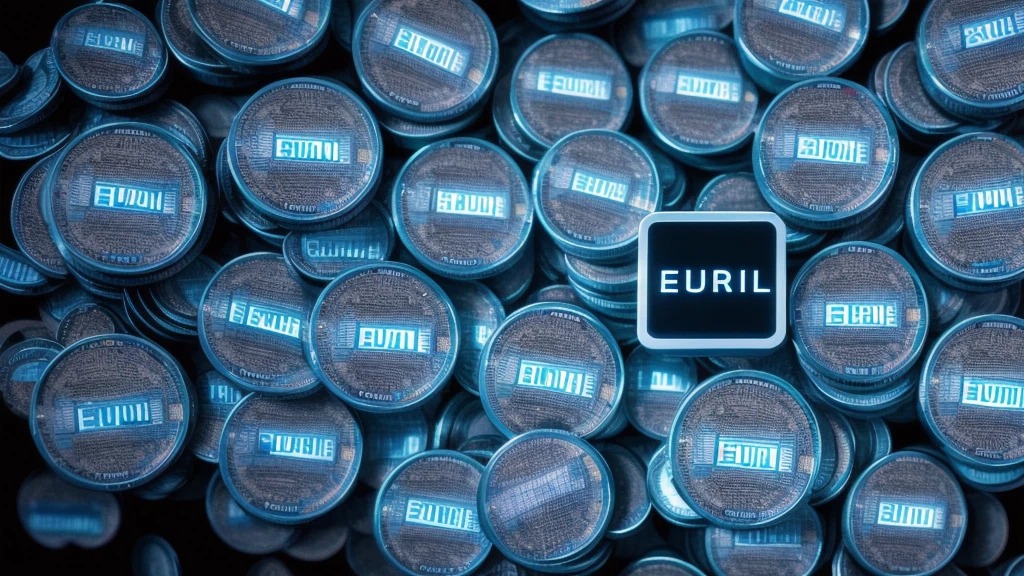
· MEPs look to adopt their anti-money laundering regulation bill on Tuesday in a joint committee vote.
· Crypto payments, NFTs, DeFi and DAOs will be affected by the rules outlined in the bill.
· Changes to the rules could still take place after the file enters inter-institutional negotiations.
Crypto assets are featured in the European Union’s anti-money laundering package and have taken up considerable space in negotiations. On Tuesday, policymakers in two of the European Parliament’s committees overseeing the bill will vote on adoption of the text.
It currently includes several requirements for the crypto industry and firms offering services within the EU. While this vote is a step forward for the bill, it will still be subject to change. After the committees’ vote, the AML bill will need to pass a plenary vote before entering inter-institutional negotiations.
Decentralized autonomous organizations and decentralized finance platforms are also subject to the anti-money laundering rules. They will be obliged as long as they are “controlled directly or indirectly, including through smart contracts or voting protocols, by identifiable natural and legal persons,” according to a draft obtained by The Block.
Unlike the EU’s soon-to-be-enforced Markets in Crypto-Assets regulation, the anti-money laundering bill does include NFT platforms as obliged entities. The aim is to close the regulatory gap.
Credit and financial institutions will need to apply due diligence measures if enabling crypto transactions worth more than €1,000 ($1,080). Plus, there are enhanced due diligence measures for correspondent relationships with crypto service providers from outside the EU as well as for payments involving self-hosted wallets.
For commercial crypto payments, there will be a restriction on transactions of more than €1,000 in value stemming from self-hosted wallets, unless the owner of the wallet is identified. There is a mandate for the European Commission to assess whether to adjust the rule on commercial payments in three years' time, to align with regulations including the European Union's digital identity framework, as well as the newly proposed Anti-Money Laundering Authority's requirements.
Anonymous crypto accounts, as well as bank accounts, would be prohibited under the regulation. Other anonymizing tools including privacy wallets, mixers and tumblers are dubbed as higher risk. The Commission will also assess if they should be prohibited in the future.
Disclaimer : The above empty space does not represent the position of this platform. If the content of the article is not logical or has irregularities, please submit feedback and we will delete or correct it, thank you!